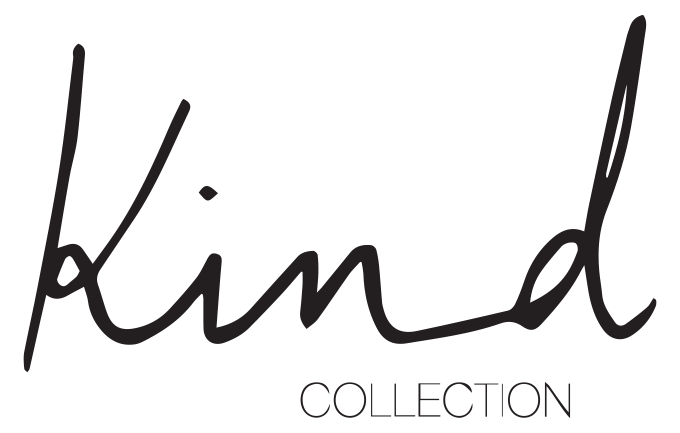Ethical vs Sustainable practices
Ethical vs sustainable practices: what do they really mean?
Living in today’s modern world, you are likely to have heard these buzzwords used by companies and organisations alike — and you may have wondered what do they truly mean?
Many companies use the terms interchangeably — and we too have done so in the past, but there is a big difference, and as a consumer it’s important to be able to differentiate between the two.
BY DEFINITION
Ethical
adjective
Relating to moral principles or the branch of knowledge dealing with these.
Synonyms: Moral, social, behavioural.
Sustainable
adjective
Able to be maintained at a certain rate or level
Conserving an ecological balance by avoiding depletion of natural resources
Ethical Practices refer to the responsibility a person or company has to act in a moral and acceptable way. It considers all those involved in any process and ensures fair, respectful and equal treatment.
For example, when looking at Ethical Fashion, this refers to the entire production line and supply chain of the garment from how the materials were grown and sourced, how the garment workers were treated and paid, and the welfare of everyone involved.
How does KIND promote ethical practices?
All KIND pieces are handmade in London by Tansy Haak making them 100% sweatshop free.
All materials used to produce our collections are sourced responsibly including 100% recycled, Fairmined© & Fairtrade precious metals.
The gemstones and diamonds that we include in KIND jewellery are all conflict free (regulated by the Kimberley Process) and have been sourced from Fair Trade Gemstones and Ocean Diamonds. Both businesses also create job opportunities for local communities and pour money into education projects which will improve the lives of future generations.
For more of a deep dive into each material and our suppliers head over to this page.
Sustainable Practices refer to the ability of a company's products to be maintained at a rate that does not deplete resources or pollute the environment. It considers the cost on the environment from factors such as using pesticides, dyeing and finishings, water and energy use and the treatment of waste. There's a fine line between what some consider to be sustainable, and with no enforced rules it is always important to do your own research into what company or product is claiming (Be gone Green-Washing!).
How does KIND promote sustainable practices?
We aim for a Zero-waste policy meaning we reclaim, recycle and repurpose wherever possible.
Through our Rework and Recycle Service we encourage customers to reuse their old jewellery and have it transformed into a unique piece they will actually wear. This minimises the frequency of fast fashion and reduces the impact on the environment from mining virgin resources.
Our KIND Vintage Collection additionally supports the aim to give pre-loved jewellery a new lease of life and is made up of a curated selection of fine jewellery that has been sourced in the UK.
Our packaging and promotional material is recycled and recyclable with biodegradable baggies used to store all of our stock.
We partner with One Tree Planted and pledge to donate one tree for every order of our eco-friendly jewellery pieces.
So in a snapshot, we define the difference between the two as:
Ethical Practices - concern human and animal rights.
Sustainable Practices - concern the environment.
As our name suggests we consider ourselves a KIND brand. KIND to the planet and those we share it with. We are passionate about creating beautiful jewellery and we aim to have a positive contribution to the fashion & design world and our wider community as a whole. If you have any questions about our practices at KIND, you can head to our website or send us an email, we are open and more than willing to partake in the ongoing conversation.




